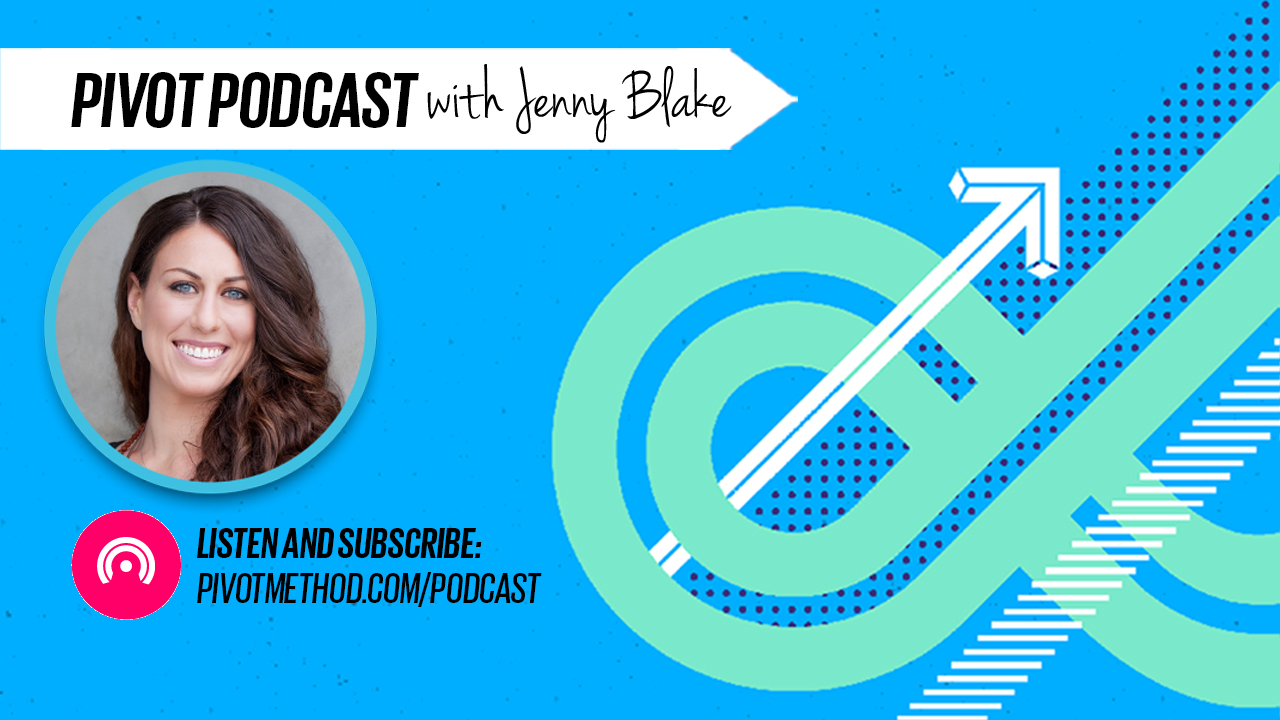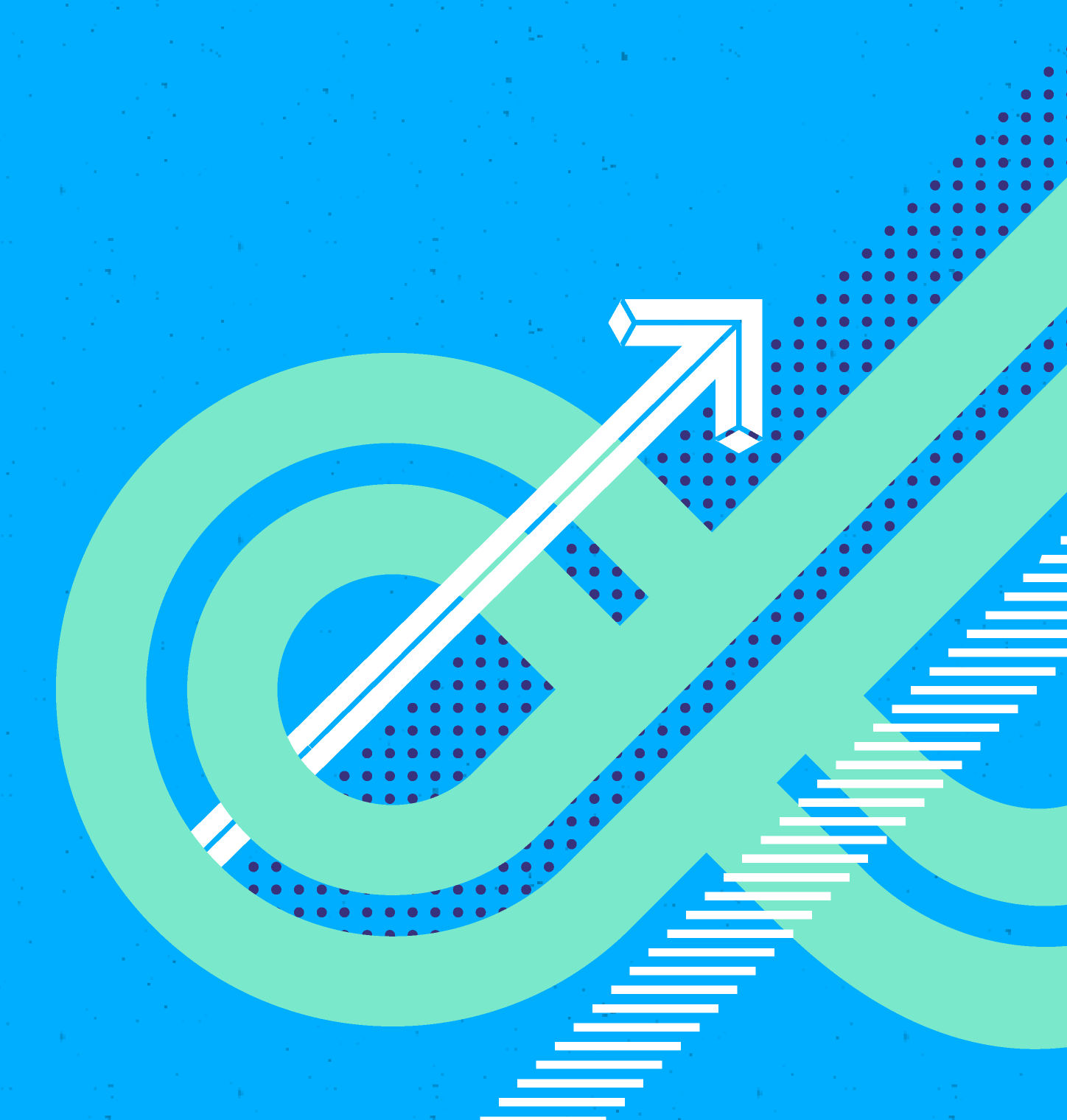Marcus Glover is a Partner at Southbox, an early-stage investment fund focusing in areas of high-growth technology startups and disruptive content producers. He founded TEDxHarlem in 2010 and has also consulted entertainers and athletes including Alicia Keys, Jay-Z, Lil Wayne, Nicki Minaj, 50 Cent, Shakira, The Black Eyed Peas, Kobe Bryant, Ray Lewis, Peyton Manning, Rihanna, Allen Iverson, Eli Manning.
Presently, Marcus is devoted to investing and advising early stage ventures. He also holds a deep commitment to social justice and criminal justice reform serving as a board member of New York Tri State Board of Directors for DefyVentures.org and LiberationPrisonYoga.org. Through his work with these organizations, Marcus has become a dedicated mentor to incarcerated men, women and youth and also volunteers as a yoga and meditation instructor leading juvenile programs at Rikers Island Prison.
Topics We Cover
How he got started teaching yoga and meditation at Rikers
Embracing his own brokenness, yoga as a platform for personal transformation
Why the goal of prison programs isn’t what most people going in might think
Our goal is to offer unconditional presence
His passion for well-told stories, telling stories that empower us versus disempower us
Own your story: the pieces that seem successful and the ones that feel broken - it’s the shards that we shy away from, but that’s what makes us more relatable, more human
How he ended up at venture capital to further his mission of conscious investing
Main critique of VC is cultural competency: as much as it has been pioneering in all these ways of technological discovery, it hasn’t done a great job of disrupting diversity and inclusion
Systemic biases that have been here for decades, but as a platform, VC has the power to continue to transform in all of these areas
His next frontier for social justice and venture capital: cannabis. For example, The People’s Dispensary - seeks to reinvest profits into communities that have been harmed by the War on Drugs
Focus on double-bottom line: people and profits
Activist venture capital means “making an investment and level the playing field in everything I do”; also, “protecting against the downside of privileged people coming in and owning all the wealth and communities of color owning all the despair”
Reciprocal dismantling of privilege - as a culture we need to develop that IQ around how we level playing fields
Privilege is in many ways the barrier to empathy, even though it’s something many of us enjoy
MLK: saw his job as to comfort the afflicted, and afflict the comfortable
Success is the greatest illusion there is. Can any entertainer or athlete say that their success is their own?
Secret weapon to try after listening to this episode!
Resources Mentioned
Check out other episodes of the Pivot Podcast here. Be sure to subscribe wherever you listen, and if you enjoy the show I would be very grateful for a rating and/or review! Sign-up for my weekly(ish) #PivotList newsletter to receive curated round-ups of what I’m reading, watching, listening to, and new tools I’m geeking out on.
Want to support the show and become a founding member of the Pivot Podcast community? Join us on Patreon here.




![[Best Of] Deep Work: Ditch Cognitive Junk Food with Cal Newport](https://images.squarespace-cdn.com/content/v1/54414faee4b03de3b679d82a/1470004417572-IM44G3WN7CS0UNIGH2CI/PivotPodcast_DeepWork.jpg)
![[Best Of] Live Fiercely, Study Deeply . . . While Earning a Living — with Jonathan Fields](https://images.squarespace-cdn.com/content/v1/54414faee4b03de3b679d82a/1476311911593-26Q4E5BXH9037W4KANJ8/PivotPodcast_JF_square.jpg)
![[Best Of] Martha Beck on Enlightenment and Messages our Bodies Send](https://images.squarespace-cdn.com/content/v1/54414faee4b03de3b679d82a/1475238253451-SNRT87C9GZFZLLRLDEP1/PivotPodcast_Martha_square.jpg)
![[Best Of] Rebirth: On Fear, Flow, Love and Magic with Kamal Ravikant](https://images.squarespace-cdn.com/content/v1/54414faee4b03de3b679d82a/1483896436012-YXWDP4HGJK4QN6HZWZOG/PivotPodcast_Rebirth_Rectangle.jpg)

